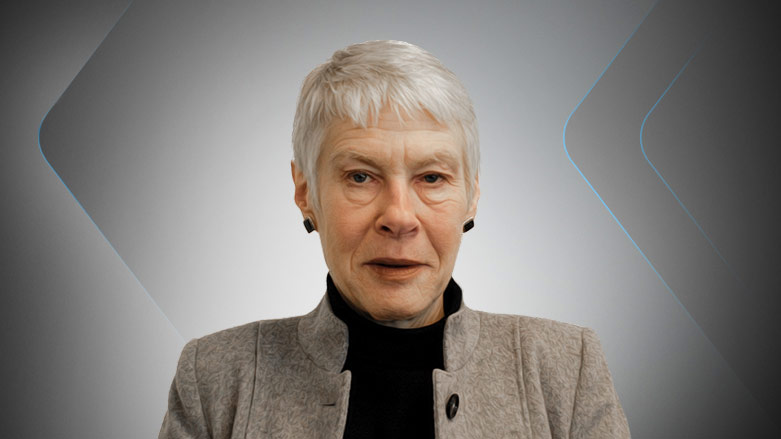The Arab Spring: five years on

These weeks mark the fifth anniversary of the Arab “spring.” They underscore that the ailments of the Arab world could not be cured merely by overthrowing authoritarian regimes. With the qualified exception of Tunisia, the effort failed elsewhere. Dictators in Libya and Yemen gave rise to civil wars. In Egypt, the political order has reverted to much like what it was before. Syria’s bloody conflict has allowed long-repressed groups like Kurds to emerge as major political actors, although the human toll has been devastating.
Many people—especially those with little sense of history—entertain a romantic view of revolution. But the French revolution ended in Thermidor and the Napoleonic wars. The Russian revolution produced Joseph Stalin. The American Revolution—the only one of the three that truly succeeded—was not an overturning of the socio-political order, but a war for independence from a distant power.
Attempts at revolution generally do not end well. People and societies do not change overnight. America is unusually flexible, but consider its protracted effort to end racial discrimination—ongoing now for centuries. And as Col. Norvell DeAtkine (USA, Ret.) observed, “Traditional societies change very slowly.”
In 1976, distinguished historian Bernard Lewis published a seminal article, “The Return of Islam.” Lewis claimed that the most important identity for Muslims was their religion. As Muslim regimes became more popular in the sense of closer to the people, “they become more Islamic,” he argued. This tendency was strongest among the Arabs, whose identity was most tied to Islam. So the Egyptian military regime of Gamal Abdul Nasser, which had overthrown the monarchy, was more 'Islamic,' or at least more prone to use Islam to mobilize support, than its predecessor. Whether Egyptian troops fought in Yemen or against Israel, they were told it was a “jihad for God.”
Egypt’s 2012 presidential election vindicated Lewis’ judgment: the Muslim Brotherhood candidate won—but by just 51.7 percent. That reflects another key point that Middle East scholars have long recognized: these societies are divided between a western-oriented, modernizing sector and a traditional element, which is often larger. There is no consensus on the proper political order. That was the theme of Egypt in Search of Political Community, by a Harvard professor, the late Nadav Safran, an Egyptian Jew and my own thesis adviser. It was first published in 1961. Egypt has not changed so radically since.
Less than most people, Americans feel unbound by history. That has been particularly true since the collapse of the Soviet Union, hailed as the universal victory of democracy—an intellectual fashion captured by Francis Fukuyama’s The End of History. It later became the premise of President George W. Bush’s policy of promoting democracy. He first enunciated it in November 2003 as regards the Middle East. In January 2005, in his second inaugural, Bush extended it to the entire world. Peggy Noonan was a speechwriter for Ronald Reagan, who very prominently promoted democracy abroad, helping bring down the Soviet Union. However, Reagan’s policy was qualified and nuanced. Noonan criticized Bush’s “over the top” inaugural address. “The most moving speeches summon us to the cause of what is actually possible,” she wrote. “Perfection in the life of man on earth is not.”
That grand vision had consequences for America’s 2003 war in Iraq, Operation Iraqi Freedom. OIF was rooted in traditional national security concerns, as Deputy Secretary of Defense Paul Wolfowitz, explained in May 2003, shortly after the Bush administration declared the end of major combat operations. Apparently, the White House thought it had won. Shortly afterwards, it ceased to defend OIF against partisan attack. Karl Rove later acknowledged that had been a serious mistake. He believed the “news cycle” would bury the criticism and responding to it would merely keep it alive.
With the White House unwilling to defend OIF and explain the reasons for it, many Americans came to understand OIF as part of a misguided effort to promote Middle East democracy, and the war grew even more unpopular. Barack Obama became president on his opposition to it. Yet for all his efforts to distinguish himself from Bush, Obama shared Bush’s enthusiasm for promoting democracy. After all, it was Obama who ushered Hosni Mubarak out and then made half-hearted commitments to the revolutions that followed.
Neither president intended to change the boundaries of the Middle East. However, that may prove the greatest consequence of their efforts to promote regional democracy. Those efforts may well culminate in the end of Sykes-Picot, which, after all, was merely a line in the sand drawn for the convenience of two imperial powers. The most enduring outcome of the current turmoil may prove to be the birth of new nation-states that correspond more closely to the aspirations of the people living there, namely a new Kurdish state and a Sunni state in Iraq and Syria.
Laurie Ann Mylroie, Ph.D., taught at Harvard University and the U.S. Naval War College. Most recently, she served as a cultural advisor to the U.S. military in Afghanistan.
The views expressed in this article are those of the author and do not necessarily reflect the position of Kurdistan24.
